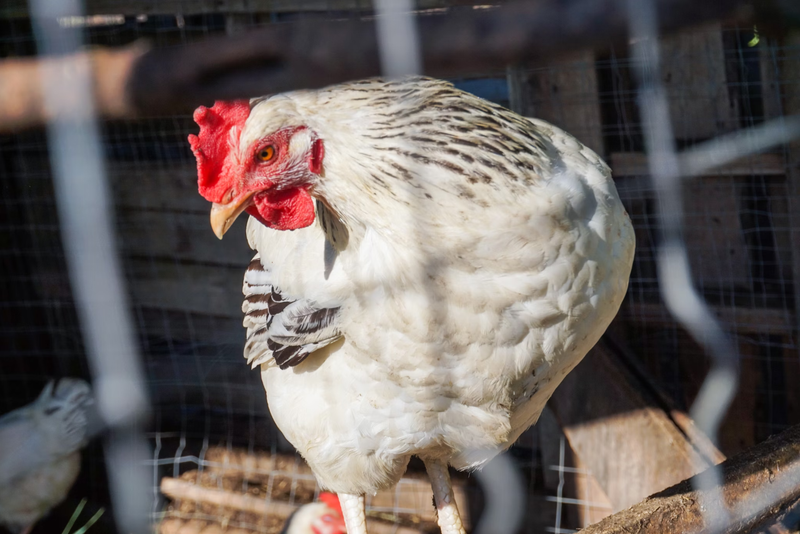UK Approves Lab-Grown Meat for Pet Food
The UK's Animal and Plant Health Agency and Department for Environment, Food and Rural Affairs have signed off on pet food made from lab-grown meat made by the company Meatly. It's the first European country to do so....
0:00
/1861
Facts
- The UK's Animal and Plant Health Agency and Department for Environment, Food and Rural Affairs have signed off on pet food made from lab-grown meat made by the company Meatly. It's the first European country to do so.1
- The first lab-grown food is expected to hit store shelves near the end of the year after taste tests are conducted with dogs. The first of its products, which are made from animal cells, will be Meatly's cultivated chicken.2
- This comes as a recent UK poll has shown 50% of pet owners willing to feed lab-grown meat to their animals and 32% saying they'd eat it themselves.1
- Lab-grown meat is real meat, but it's made by infusing nutrients into animal cells that divide and grow in a lab before they're mixed with vegetable protein, molded, and cooked.3
- Meatly says its products are aimed at combatting 'huge ethical and sustainability challenges,' such as global warming. There are competing studies showing both cultivated meat and natural animal meat with higher or lower environmental impacts.2
- The move comes as other countries, even those that have approved lab-grown meat for human consumption, face debates over its impact on the farming industry. US states like Alabama and Florida have banned it to protect livestock farmers.1
Sources: 1Guardian, 2The Telegraph and 3BBC News.
Narratives
- Narrative A, as provided by CBC. The livestock farming industry is one of the biggest contributors to carbon emissions and the destruction of the planet. While it's understandable to want to protect farmers, the truth is that without reducing the massive slaughter industry, there may not be land to farm in the future. If lab-grown meat is invested in now, it will give humanity time to combat other greenhouse gas emitters while building a slaughter-less food supply for future generations.
- Narrative B, as provided by X. While some people may choose to feed their families lab-grown meat, the issue with this industry is its link to global government agendas. Organizations like the UN have stated plans to overhaul the farming industry and put it in the hands of corporate powers — the ones who wish to force lab-grown food upon regular citizens while not following the same rules themselves. Governments pushing populations to eat synthetic foods should be met with extreme skepticism.
- Cynical narrative, as provided by by Derek Beres. Neither side of this issue is absolutely correct. While some on the pro-lab-grown meat side wrongfully neglect the nutritional benefits of eating natural meat, some on the other side neglect the horrendous environmental impacts our agriculture industry has on wildlife. We should allow people to eat both traditional and lab-grown meat if they so choose while working together to cut back on the destructively high volume of animals slaughtered each year.







